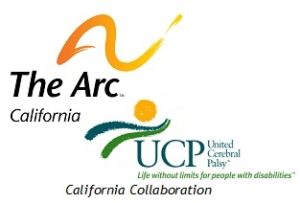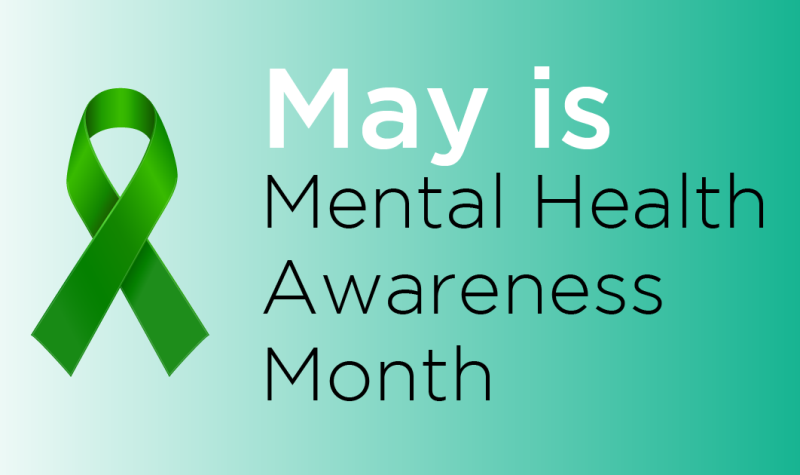What is trauma informed care? There are several bills in the legislature that seek to address trauma through screening, intervening or treating based on a trauma-informed approach. In order to understand what trauma informed care is we have to understand what trauma is and how people experience trauma. A basic definition of trauma is “a deeply distressing or disturbing experience”. Trauma can result from a single experience, multiple experiences or it can be ongoing and dramatically change a person’s ability to cope or function in day to day life.
A trauma informed approach has been shown to be effective, improve outcomes and reduce re-traumatization for people who have experienced trauma. Unfortunately, for people with intellectual and developmental disabilities an all too prevalent myth exists that people with IDD can’t, don’t or won’t benefit from trauma-informed care for because they don’t understand what happened to them, there is no benefit of cognitive therapy if the person has a cognitive delay, behavior plans work better and many other completely inaccurate beliefs about treating and supporting people with IDD.
I had the good fortune to hear Dr. Karyn Harvey speak at a conference last week in which she talked in depth about the importance of trauma informed care for people with IDD and that it is perhaps even more important for people with IDD because not only does the person understand something traumatic has occurred but they may have a more difficult time processing it. In her presentation she discussed many different kinds of trauma from abuse and maltreatment to the death of a loved one and the profound impact those events have in peoples loves. She spoke about how different behaviors aggression, repeating the same question over and over, refusing to leave or go to a specific place, and several other examples can often be traced back to a traumatic event. The big pitfall happens when we focus only on the behavior and behavior management (often because it is so disruptive) and not on the cause or underlying emotion associated with it. There is an important distinction between behavior plans/behavior management and trauma informed behavioral interventions and the shift to trauma informed interventions is absolutely necessary to improving outcomes and strengthening mental health services for people with IDD.
Among one of the most important take-aways from Dr. Harvey’s presentation was the concept of post-traumatic stress disorder in people with IDD and the fact that it is often mistaken for a different co-occurring mental health disorder such as schizophrenia, depression, bipolar disorder, etc. rather than identified and treated appropriately. For many the road to recovery can be long and painful but with a trauma informed approach to mental health based on the need to feel safe, empowered and connected it is possible. I truly appreciate the opportunity to learn from Dr. Harvey and am optimistic about a shift in paradigm that will promote and increase awareness about the mental health needs and well-being of people with IDD.


Teresa Anderson, Policy Director, The Arc & UCP Collaboration

